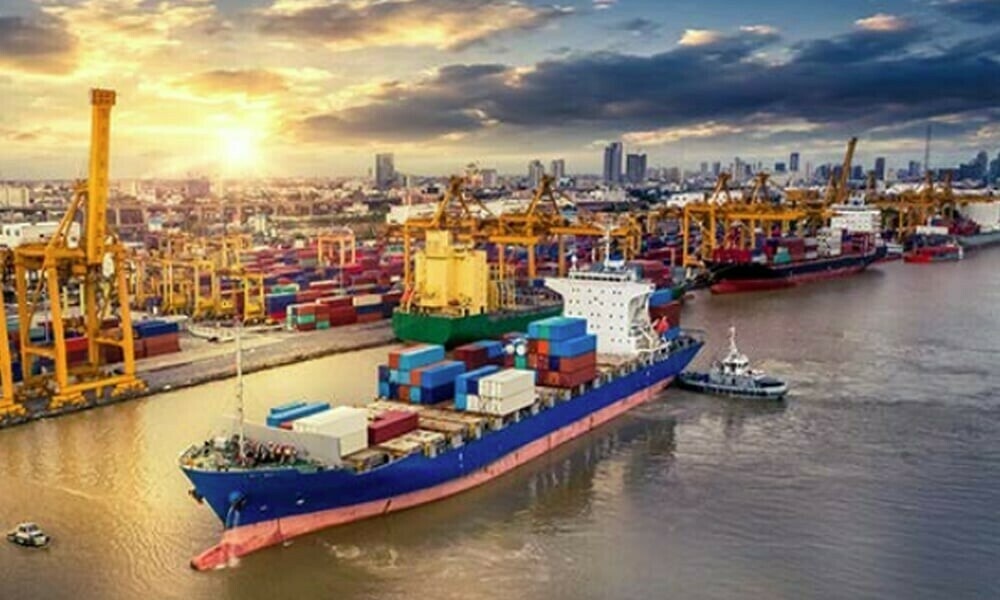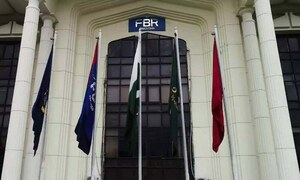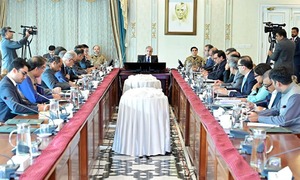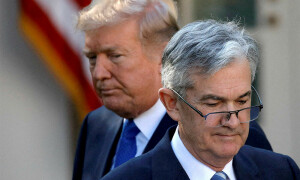KARACHI: In an urgent appeal to the government, the Pakistan Readymade Garments Manufacturers and Exporters Association (PRGMEA) has called for targeted policy support in the upcoming budget to address pressing challenges facing the country’s value-added textile export sector. The association also urged the full and proper restoration of the Export Facilitation Scheme (EFS) and the Final Tax Regime (FTR).
Representing a $4.9 billion export segment, the Pakistan Readymade Garments Manufacturers and Exporters Association (PRGMEA) has submitted a detailed communication to Prime Minister Shehbaz Sharif and Haroon Akhtar Khan, Special Assistant to the Prime Minister on Industries and Production.
In the letter, on behalf of PRGMEA, former Chairman Ijaz A Khokhar has highlighted six critical areas requiring urgent intervention: reinstatement of the EFS, restoration of the FTR, engagement on high US tariffs, clearance of refund backlogs, preparedness for the GSP+ review, and the launch of a national branding campaign to promote “Made in Pakistan” garments.
$60bn exports by 2029 target unachievable: MoC
Khokhar also outlined a set of strategic policy recommendations aimed at restoring the sector’s competitiveness, streamlining tax and refund mechanisms, and positioning Pakistan to benefit from evolving global trade trends
He warned that without timely and targeted reforms, Pakistan risks losing its competitive edge at a time when global apparel buyers are diversifying away from traditional sourcing hubs, presenting a rare opportunity for local exporters. He has emphasized that continuity in policy, lower costs of doing business, and SME-focused facilitation is essential to unlocking the sector’s true potential and advancing the Prime Minister’s vision of achieving $100 billion in exports.
PRGMEA urged the government to fully restore the original EFS framework, ensuring it remains a practical and enabling tool for the exporters. The recent changes in this scheme are highly restrictive and counterproductive, particularly for SMEs operating under Just-in-Time (JIT) and Never Out of Stock (NOS) export business models that require longer lead times and flexible inventory management, he added.
Moreover, he suggested that any addition of sales tax within the EFS framework must be avoided, as it risks double taxation and imposes unnecessary financial and administrative burdens on exporters.
Khokhar said that the demand by a sub-sector to exclude fabric and yarn from the EFS is not justified, particularly when it comes to technical and functional materials that are not produced locally as per international standards. In many cases, exporters are obligated to source specific fabrics or yarns from buyer-nominated suppliers to meet international quality and compliance standards, he mentioned.
Restricting such imports under EFS would severely impact the competitiveness and operational viability of Pakistan’s value-added apparel exporters. PRGMEA recommends that the EFS be reinstated in its original true letter and spirit, so that Pakistan’s value-added textile industry can operate competitively, reliably, and sustainably in the global market.
PRGMEA has urged the government to restore the FTR to simplify tax compliance, eliminate redundant audits, and improve the overall ease of doing business particularly for SMEs.
PRGMEA recommends that the government, immediately engage US trade authorities to review the reciprocal tariff and advocate for GSP-like tariff relief or ESG-linked concessions for sustainably produced garments.
Khokhar has strongly urged the government to implement a fully automated, time-bound refund mechanism to ensure uninterrupted cash flow for exporters as delays in the disbursement of sales tax refunds and customs rebates continue to create severe liquidity constraints, particularly for SMEs operating on tight margins.
To expand Pakistan’s global footprint, Khokhar has urged the Ministry of Commerce to launch a robust marketing and branding campaign for “Made in Pakistan” garments. Trade fairs, B2B matchmaking, and digital outreach through embassies should be part of this drive, he added.
Without concrete reforms, policy continuity, and timely facilitation, the true potential of this sector and its contribution toward national export targets will remain unrealized, he concluded.
Copyright Business Recorder, 2025
























Comments
Comments are closed.